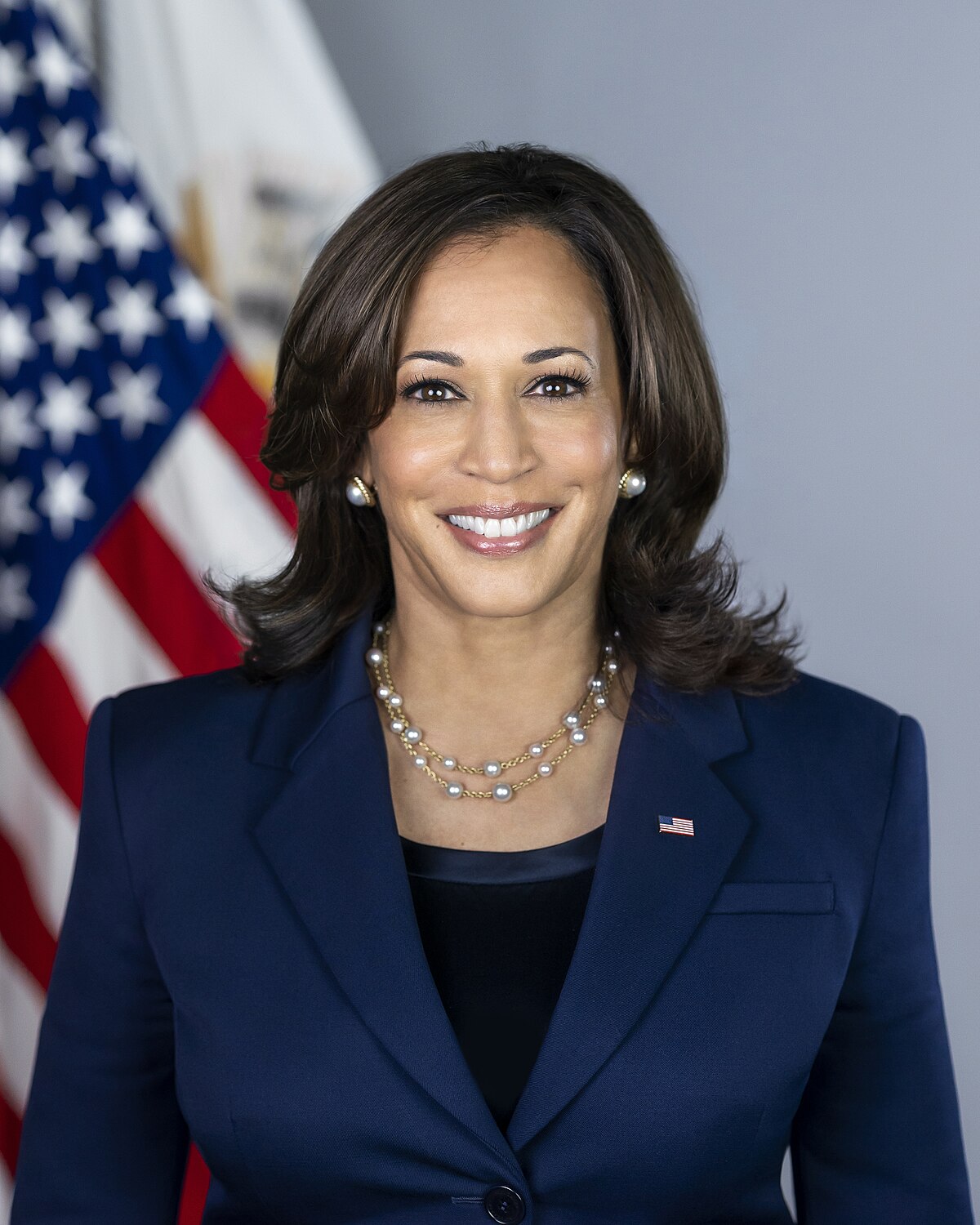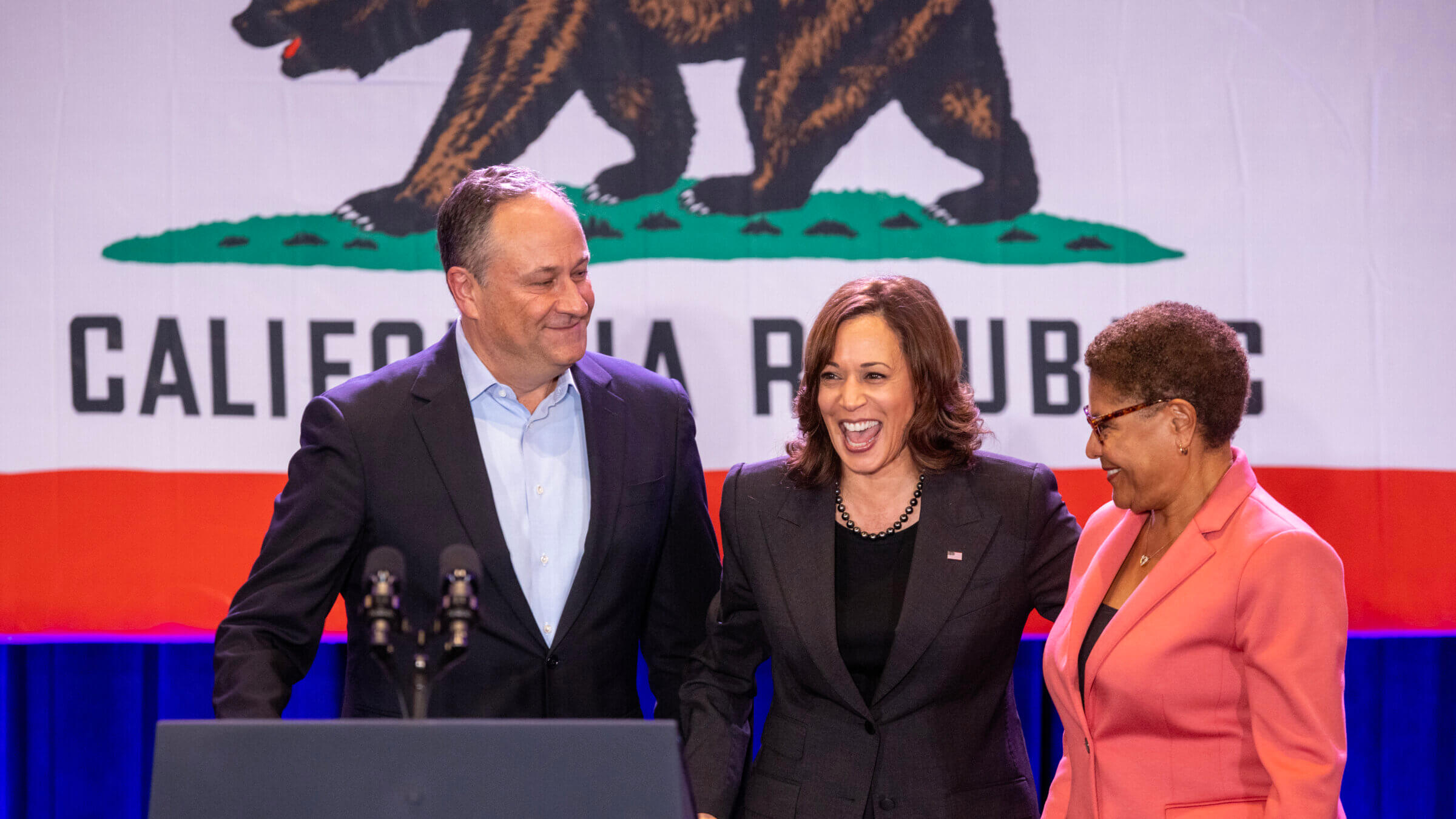
An endorsement of Harris had been drafted by Post editorial page staffers but had yet to be published, according to two sources briefed on the sequence of events who spoke on the condition of anonymity because they were not authorized to speak publicly. The decision not to publish was made by The Post’s owner — Amazon founder Jeff Bezos — according to the same sources.
“This is cowardice, a moment of darkness that will leave democracy as a casualty. Donald Trump will celebrate this as an invitation to further intimidate The Post’s owner, Jeff Bezos (and other media owners),” former Post executive editor Martin Baron, who led the paper while Trump was president, said in a text message to The Post. “History will mark a disturbing chapter of spinelessness at an institution famed for courage.”
In a column published on The Post’s website Friday, Post Publisher William Lewis described the decision as a return to the newspaper’s roots of non-endorsement. The Post only began regularly endorsing presidential candidates in 1976, when the paper endorsed Jimmy Carter “for understandable reasons at the time.”
“We recognize that this will be read in a range of ways, including as a tacit endorsement of one candidate, or as a condemnation of another, or as an abdication of responsibility. That is inevitable,” Lewis wrote. “We don’t see it that way. We see it as consistent with the values The Post has always stood for and what we hope for in a leader: character and courage in service to the American ethic, veneration for the rule of law, and respect for human freedom in all its aspects.”

Lewis also portrayed the decision as a “statement in support of our readers’ ability to make up their own minds.”
The decision has roiled many on the editorial staff, which operates independently from The Post’s news staff, a long-standing tradition of American journalism designed to separate opinion writing from day-to-day news coverage.
Soon-Shiong’s daughter, Nika Soon-Shiong, wrote on social media that the decision not to endorse a candidate has prompted “controversy and confusion” and implied that the decision had to do with the Biden-Harris administration’s policies on Israel and Gaza.

“This is not a vote for Donald Trump. This is a refusal to ENDORSE a candidate that is overseeing a war on children,” she wrote. “I trust the Editorial Board’s judgment. For me, genocide is the line in the sand.”
The Post had not always issued presidential election endorsements. In announcing The Post’s decision on Friday, Lewis cited an editorial The Post’s editorial board wrote in 1960 explaining its decision not to endorse a candidate in that year’s presidential race, after doing so in five of the six previous elections, the exception being an endorsement of Gen. Dwight D. Eisenhower in 1952:
“In the light of hindsight we retain the view that the arguments for [Eisenhower’s] nomination and election were compelling. But hindsight also has convinced us that it might have been wiser for an independent newspaper in the Nation’s Capital to have avoided formal endorsement.”
Beginning in 1976, however, The Post began regularly endorsing candidates during each presidential election cycle, with the exception of 1988, when it declined to make a recommendation in the contest between George H.W. Bush and Michael Dukakis. In the 1976 race, The Post endorsed Democrat Jimmy Carter. All of its subsequent endorsements have been Democrats.
